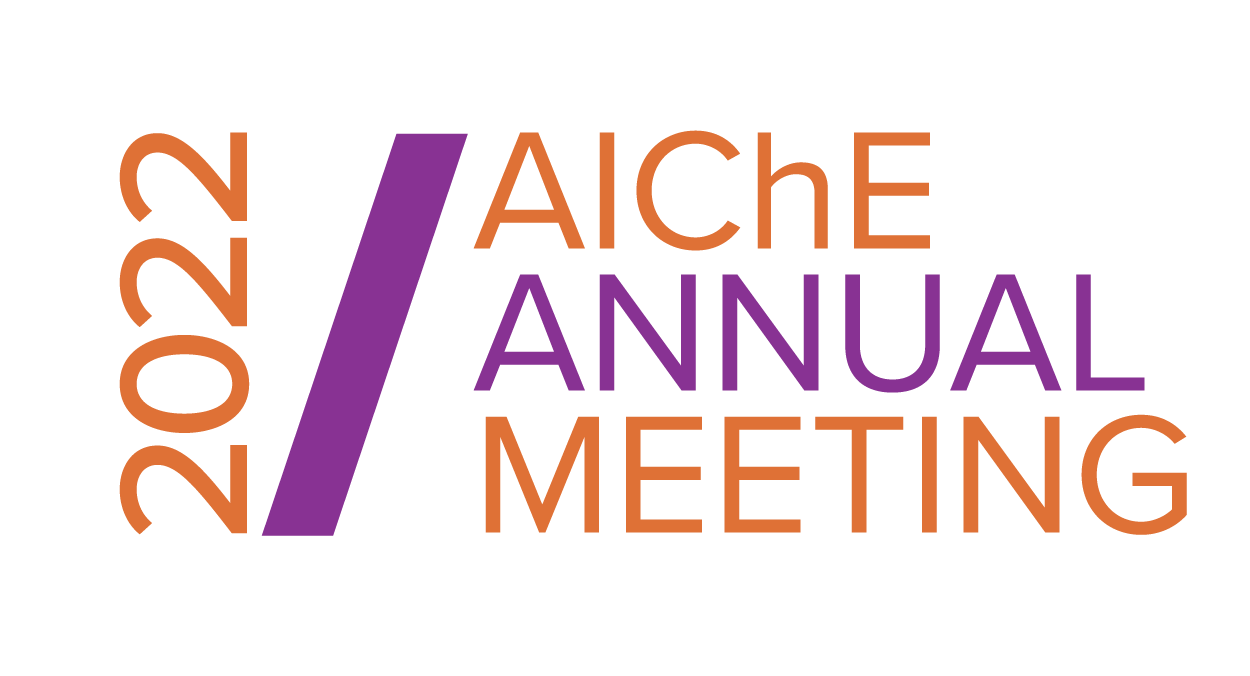

The desire to produce energy and commodities using more sustainable processes has increased significantly over the past few decades, and the need for decarbonization has led researchers to explore converting renewable or waste biomass feedstocks to higher value products. One thermochemical conversion technique that has gained attention for wet feedstocks is hydrothermal liquefaction (HTL). The HTL process requires subcritical temperatures and pressures (250-350°C; 5-22 MPa) and operates at 10-30 wt% solids. Since the HTL process utilizes water as a reaction media, extensive drying of wet feedstocks is not necessary which reduces the feedstock pretreatment costs. Thus, HTL is an ideal conversion technique for wet waste biomass such as algae and municipal sludge. Recent studies have also shown that co-solvents can also be used in the liquefaction process and can enhance the yield and product properties. This talk will highlight some of the recent work on the valorization of waste biomass to produce biocrude and biochars rich in nutrients.
Presenter(s)
Once the content has been viewed and you have attested to it, you will be able to download and print a certificate for PDH credits.
If you have already viewed this content,
please click here
to login.
Language
Pricing
Individuals
| AIChE Member Credits | 0.5 |
| AIChE Pro Members | $19.00 |
| AIChE Graduate Student Members | Free |
| AIChE Undergraduate Student Members | Free |
| Catalysis and Reaction Engineering Division Members | Free |
| AIChE Explorer Members | $29.00 |
| Non-Members | $29.00 |
